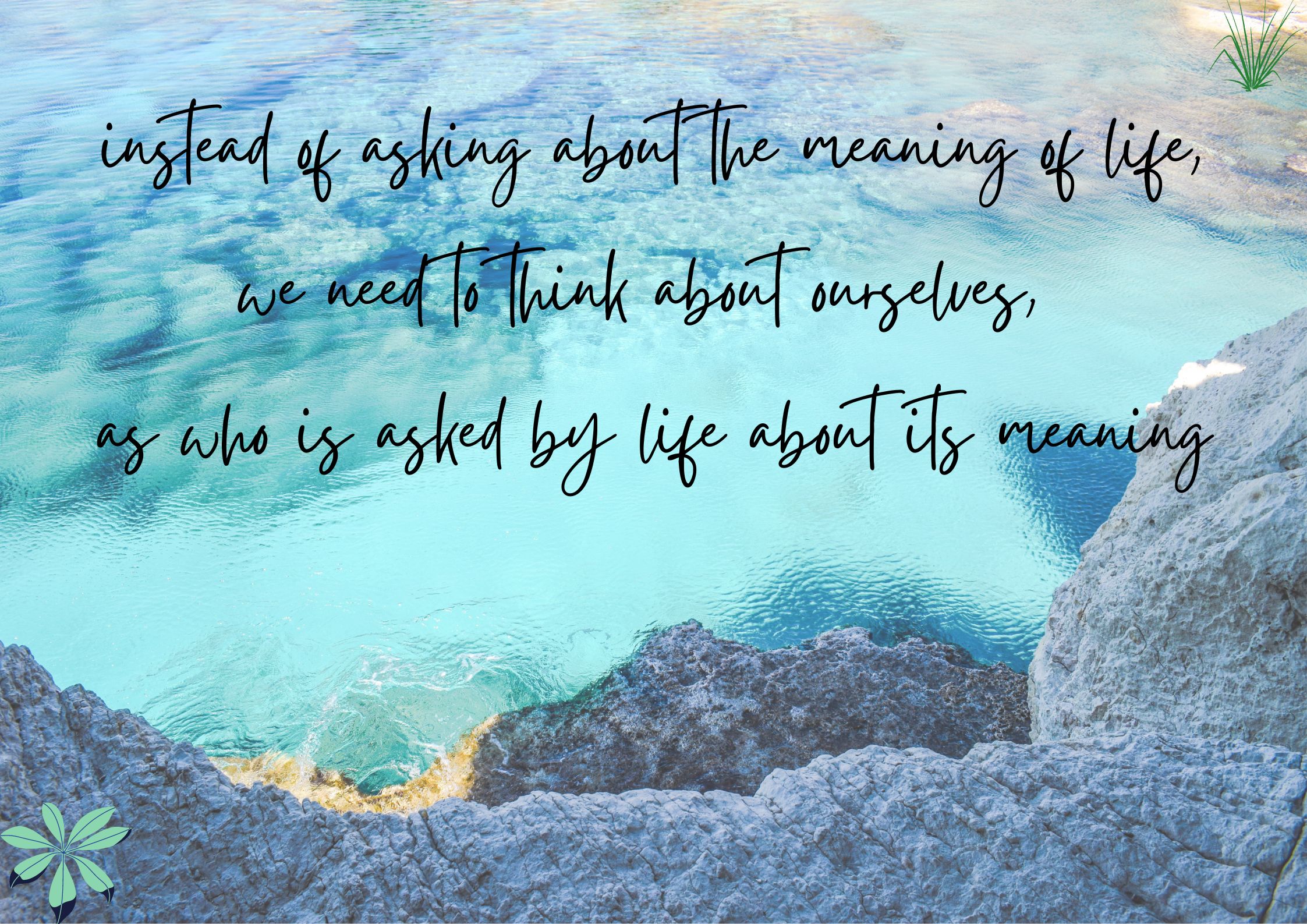meaning of surviving through suffering

Reading “Man’s Search For Meaning” was like meeting someone with one of the most horrible experiences, and surprising through these experiences, the author Viktor E. Frankl shares the hardships but also why some of the people survived through the tortures. And there is something about the narrative, which feels like you are talking with Viktor himself, an old acquaintance, sharing his perspective. And for some reason, when he describes people, who after being tortured, made work in the snow, with minimal food, and no finite time of their escape, with no proper clothing or news of their relatives, and each moment, a decision, an answer, could possibly decide if you would be alive or not, and amidst all this, it is pretty much acceptable for people to give up all hope to live. And these people are lying there, refusing to move, not scared of any punishments, lying there in their excrement, dying slowly. And you could see it all happening in front of your eyes, the pain translates from words into an ache.
He addresses a meaning, the meaning of surviving through suffering, marching through the snow, being robbed of their identities, love, but not life. The skeletons of people, as he calls them, out of them, few viewed suffering as a way to grow. As he suggests, everything else might be controlled by external factors beyond us, but how we choose to react is on us, and that’s what transitions into a set of present reality. And citing this with examples of people who roamed around camps, sharing the little food they got with others, comforting others. The person we become as Viktor suggests is always dependent on the decisions we make. Spiritual freedom, the way we see suffering cannot be taken away. As he suggests, in case suffering is inevitable, finding meaning in suffering could be a way to live life more meaningfully, and lively! As he writes in the book, “affectus qui passio est desinit esse passio simulatque eius claram et distinctam formamus ideam”. Emotion which is suffering, ceases to be suffering as soon as we form a clear and precise picture of it.
Then exploring the meaning of life, he asks, does it really matter what we expect from life, but what life expects from us? The important observation as he points out is that - instead of asking about the meaning of life, we need to think about ourselves, as who is asked by life about its meaning. We need to look for the challenges life has defined for us, survive through, live through experiences, meet people, love, take responsibility and go through suffering. It is inevitable. We all are assigned a set of tasks, some good phrases, some bad ones. It is our responsibility to go through it all, and search for meaning, search for why, it might be work, might be for love, or just growing while enduring the suffering. As Nietzsche said, “He who has a why to live for can bear almost any how.”
There are transitory moments, and once we make a choice, it is a firm concrete reality. We cannot just define the meaning of life in a few words or a single sentence. Instead, it is a reality which you can recollect and connect with at the end. But what we can instead choose to do, is to identify each bit of these transitions into reality and find a why, and reason, a meaning, bit by bit, to grow, understand and find meaning in the time we have lived so far. Future is uncertain but is what you have lived through, no one can take that from you. It is concrete, set in stone, and a pretty strong reality which you have lived, and is unchanged by any other circumstances.